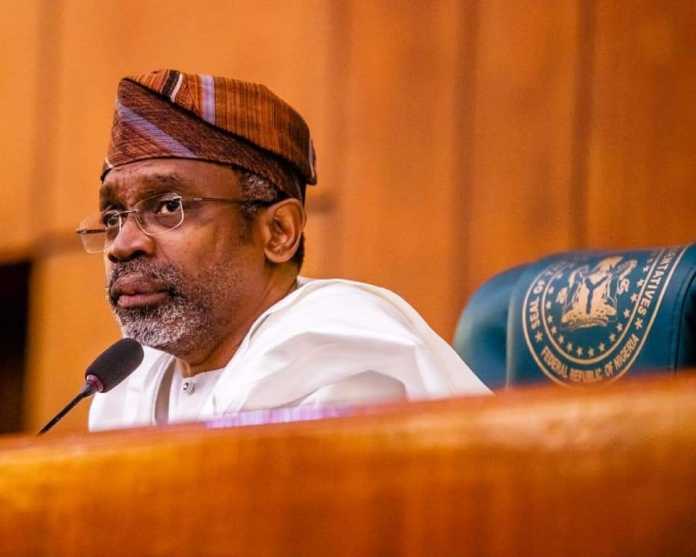
A bill seeking to provide 40 per cent of the
country's annual budget for capital projects in the next 10 years has passed
second reading in the House of Representatives.
The Speaker of the House of Representatives, Hon.
Femi Gbajabiamila, who sponsored the bill, described it as an economic stimulus
bill.
Speaking at the plenary yesterday, he said the
reason there are abandoned projects all over the country is as a result of the
paltry sum allocated to capital projects.
He argued that the issue of how the federal
government would generate revenue to meet up with the 40 percent target to fund
the projects is 'very simple' inasmuch as the executive plug all the loopholes,
funding the projects won't be a problem.
Gbajabiamila said: "With the current economic
challenges confronting us as a people, coupled with the decaying state of
infrastructure across the country, we cannot undermine the importance of this bill
which seeks to provide 40 percent of our annual budget for capital project for
the next 10 years."

He added that the purpose of the bill allows the
lawmakers to use their legislative instrument, having been empowered by the constitution,
to support the federal government to improve on the country’s infrastructure
and drive the economy for the next 10 years.
The bill consists of five sections, and Section 1
seeks to provide that 40 percent of the country’s budget be earmarked for
capital project for the next 10 years.
“Section 2 of the bill creates some forms of
monitoring process to ensure implementation and enforcement by providing that
upon commencement, the Accountant General of the Federation shall submit
quarterly reports to the National Assembly on the performance of the capital
budget and must be submitted within two weeks after the end of a corresponding
quarter.
"Under sub section 2 of Section 2, the
National Assembly shall within two weeks consider the report of the Accountant
General of the Federation, and if not satisfied, shall pass the necessary
resolution to ensure implementation and performance by the president.
"Section 3 provides that the bill shall be in
force for a period of ten years after which there shall be a review by the
National Assembly.
"Section 4 makes provision for penalty of five
years imprisonment or a fine of N50 million or both for violation or any
attempt by any person to frustrate the implementation of the bill when passed.
This stringent punitive measure suggests that the current state of
infrastructure and economy is not such to be handled with kids gloves,"
the Speaker said.
Under section 5, the bill is cited as 'Economy
Stimulus Bill'.
The Minority Leader of the House, Ndudi Elumelu,
who led the debate on behalf of the Speaker, said a critical look at the 2020 budget shows that just 10 per
cent was earmarked for capital projects.
He said the bill therefore aims at correcting these
anomalies synonymous with the country's budgetary process over the years.
Elumelu pointed out that one of the things that can
make the country grow significantly is to provide critical infrastructure,
noting that those infrastructure cannot be provided if there is no significant
allocation to capital projects.
Also, Hon. Dachung Bagos stressed the need to have
such a bill to guide the executive in order to make sure that the country
budget doesn't end up with recurrent expenditure and debt servicing.
On his part, Hon, AbdulGaniyu Johnson said recurrent
items and overhead items are been lumped together under capital projects by
Ministries, Departments and Agencies (MDAs), but added that the proposed
legislation would be a catalyst for the development of the country.
The House, therefore, referred the bill to the Committee on
Finance and Appropriation.
No comments:
Post a Comment